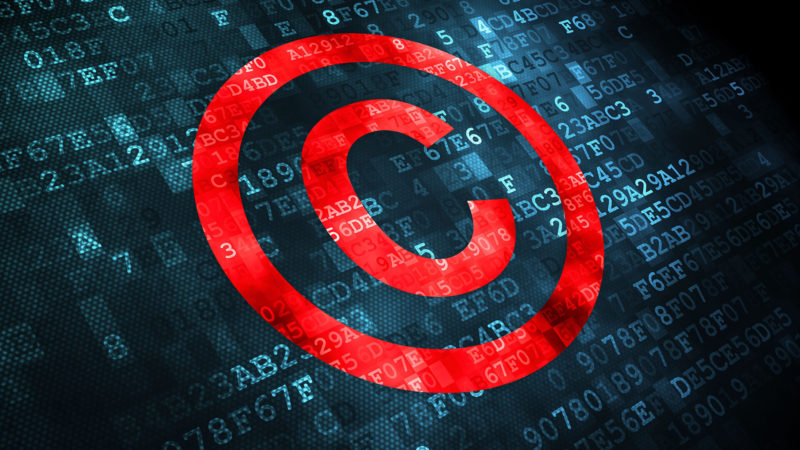EU approves controversial copyright directive aimed at Google, Facebook, Twitter
The new rules, which require member-state approval to go into effect, amount to a kind of 'GDPR for copyright.'
The European Parliament has backed a highly restrictive copyright directive intended to benefit traditional European news publishers and copyright holders at the potential expense of user-generated content and U.S. internet companies, including Google. An earlier version of the directive was rejected in July.
The new rules must be approved by member states before they can go into effect. Designed to harmonize disparate copyright law across the EU, the new directive contains two especially controversial provisions:
- Article 11 would require permission and licensing fees when snippets of content are presented
- Article 13 would require platforms like Google/YouTube, Facebook, Twitter and others to monitor potential copyright infringement much more aggressively or face liability. These sites would thus be compelled to scan content for violations before being uploaded.
Many of Europe’s biggest news publishers and entertainment companies strongly supported or lobbied for the rules. Article 11 could have a major impact on Google’s index and what it can present in search results — especially rich snippets. European publishers essentially want to be paid when Google shows more than links to their content.
Here’s what the EU said about Article 11:
Parliament’s position toughens the Commission’s proposed plans to make online platforms and aggregators liable for copyright infringements. This would also apply to snippets, where only a small part of a news publisher’s text is displayed. In practice, this liability requires these parties to pay right holders for copyrighted material that they make available. Parliament’s text also specifically requires that journalists themselves, and not just their publishing houses, benefit from remuneration stemming from this liability requirement.
Links per se will apparently be exempted from licensing requirements and smaller start-ups will also not be subject to the strict provisions of the new rules. The directive provides that text links “accompanied by “individual words” can be shared freely without a arranged licensing agreement. “[M]erely sharing hyperlinks to articles, together with ‘individual words’ to describe them, will be free of copyright constraints.”
Non-commercial resources online, like Wikipedia, as well as “open source software platforms” (e.g., GitHub) will not be subject to liability as well. However, if ratified by EU members, it would make Google and Facebook liable for any violations including user-generated content (think: YouTube).
Article 13 requires platforms such as YouTube and Facebook to prevent the “illegal” uploading of copyrighted content. This would effectively force platforms to scan content prior to allowing the upload. The concern is that this would result in “censorship” by the big platforms, because they don’t want to risk liability. The current system requires notice of a violation before a takedown.
The new rules amount to a kind of “GDPR for copyright,” which could have a disruptive effect on the way big internet companies handle content, the creation of user-generated content and the sharing of that content. It remains to be seen whether the directive is approved by member states but the likelihood is that it will be.
Opinions expressed in this article are those of the guest author and not necessarily Search Engine Land. Staff authors are listed here.
Related stories
New on Search Engine Land
